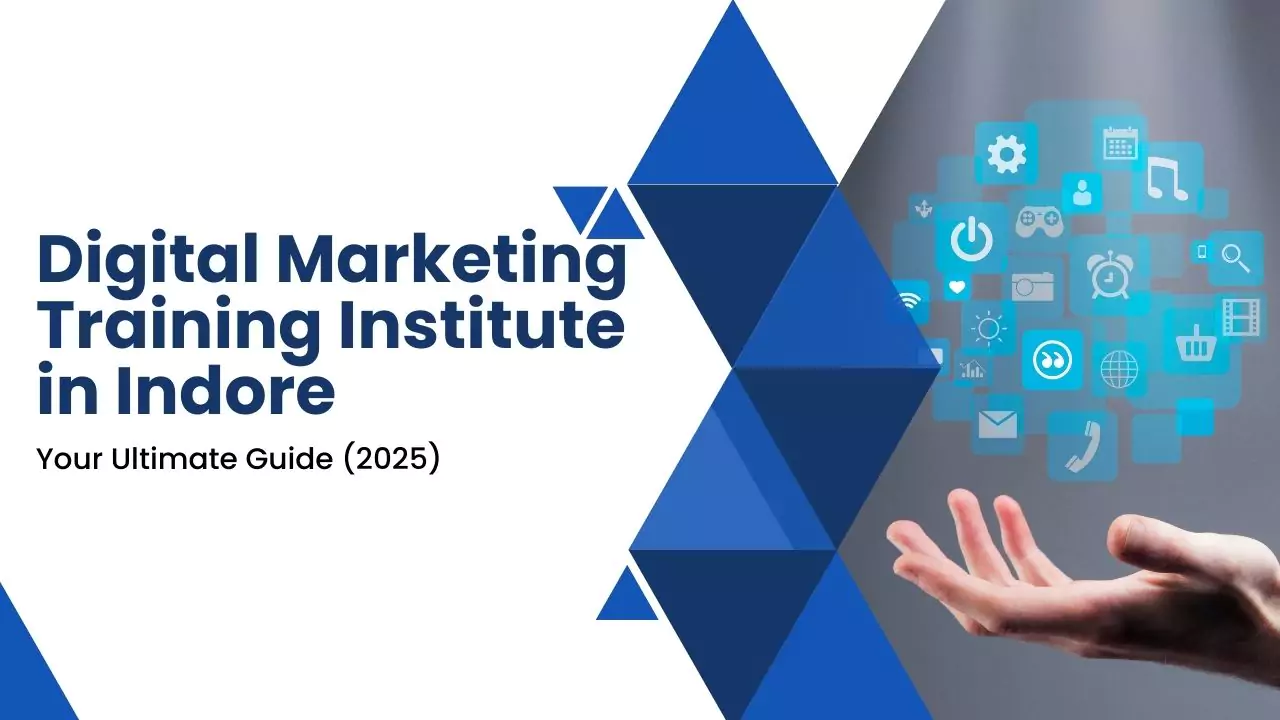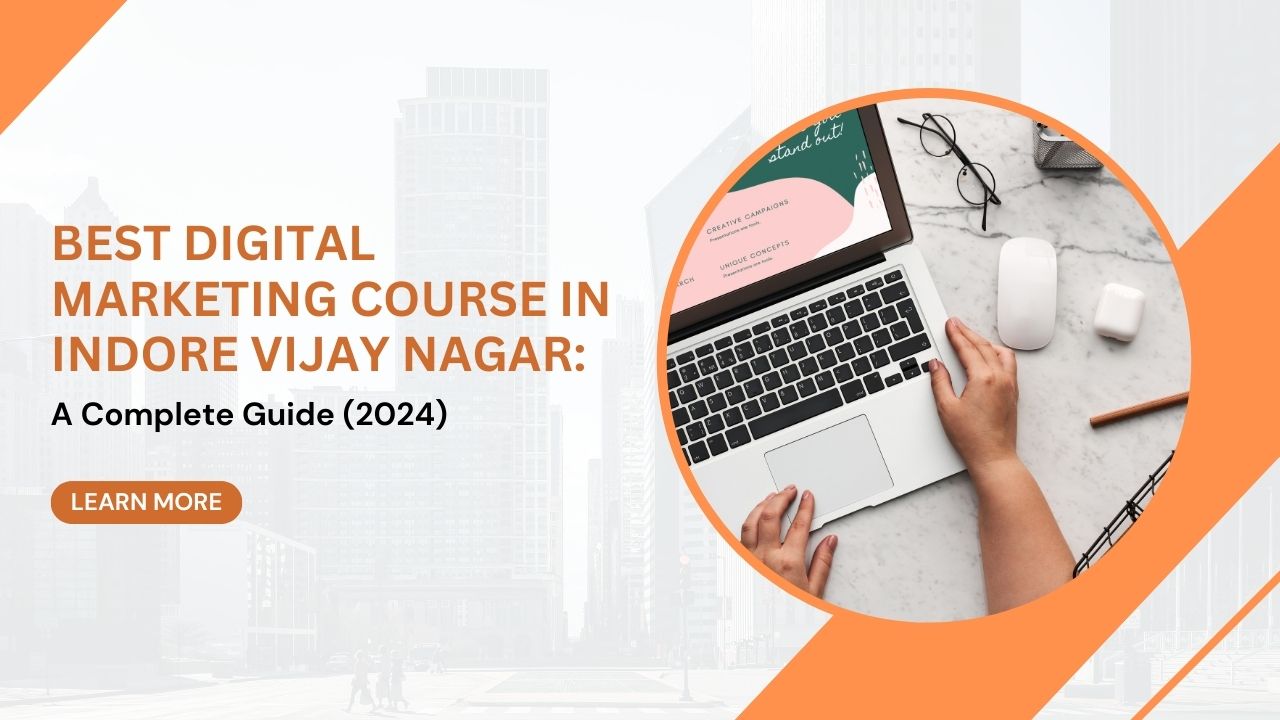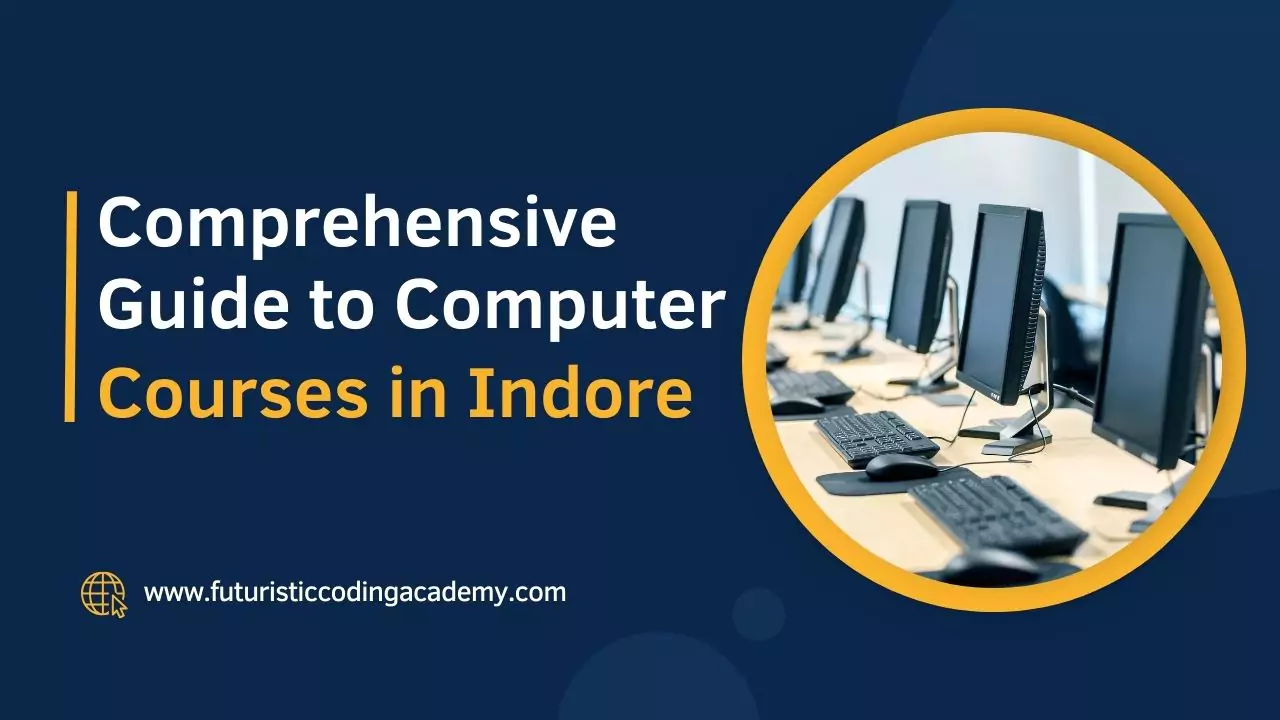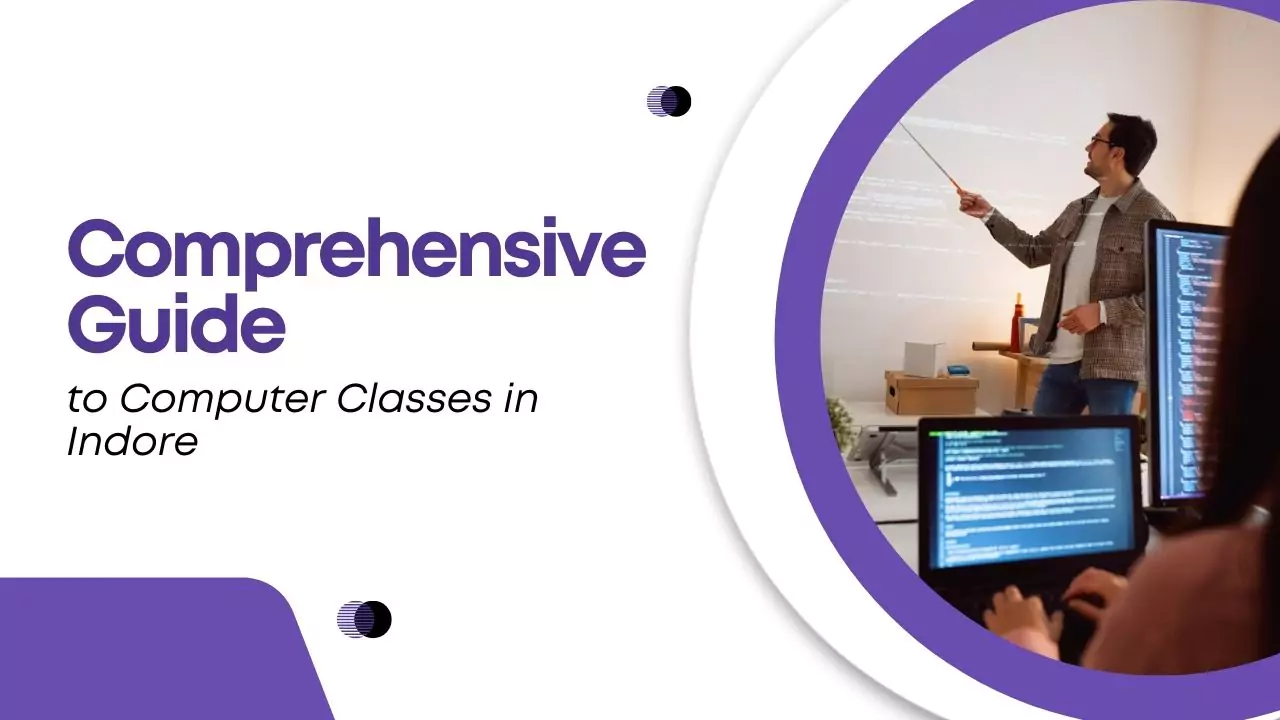As the demand for versatile developers who can handle both front-end and back-end tasks increases, the role of a Full Stack Developer has gained significant attention. Landing a job as a full-stack developer in 2024 requires preparation for various technical and behavioral interview questions. In this comprehensive guide from Futuristic Coding Academy, we’ll cover everything you need to know to ace your interview, from basic concepts to advanced topics.
What is a Full Stack Developer?
A Full Stack Developer is a professional skilled in both front-end (client-side) and back-end (server-side) development. They work on the entire tech stack, building complete web applications and solutions.
Key Skills Required for Full Stack Developers:
- Proficiency in front-end technologies like HTML, CSS, and JavaScript.
- Expertise in back-end programming languages such as Node.js, Python, and Ruby.
- Knowledge of databases (SQL & NoSQL) and server management.
Top Full Stack Developer Interview Questions (2024)
Interviews for full stack roles often cover a wide range of topics, from front-end and back-end technologies to database management, deployment, and problem-solving. Below are the most common interview questions to help you prepare effectively.

1. Basic Interview Questions
- What is full-stack development?
Explain the role and responsibilities of a full stack developer in building complete web applications. - What programming languages are essential for full-stack development?
Mention core technologies like HTML, CSS, JavaScript, and back-end languages such as Node.js and Python.
2. Front-End Questions
How do you optimize the performance of a website?
Discuss techniques such as minifying CSS and JavaScript, using a Content Delivery Network (CDN), and optimizing images.
What is the difference between React, Angular, and Vue?Provide a comparison of these popular front-end frameworks, explaining their use cases and advantages.
How do you handle browser compatibility and responsiveness in web design?
Talk about using media queries, testing on various browsers, and ensuring mobile-first design principles.
3. Back-End Questions
What is RESTful API, and why is it important in full-stack development?
Explain the concept of REST (Representational State Transfer) and how it facilitates communication between client and server.Which back-end programming languages are you most comfortable with?
Discuss your experience with languages like Node.js, Python, or Ruby, and mention real-world projects where you used them.How do you ensure the security of a web application?
Talk about implementing security practices like HTTPS, data encryption, and protection against SQL injection.

4. Database Management Questions
What is the difference between SQL and NoSQL databases?
Explain the use cases for relational databases (SQL) and non-relational databases (NoSQL) like MongoDB.How do you optimize database queries for speed and efficiency?
Discuss strategies like indexing, query optimization, and caching mechanisms.
5. DevOps and Deployment Questions
What is your experience with version control systems (e.g., Git)?
Highlight how you use Git for collaboration and maintaining code versions, with examples of projects where version control was crucial.Which DevOps tools are you familiar with?
Mention popular tools like Docker, Kubernetes, Jenkins, and explain how they help in continuous integration and deployment (CI/CD).How do you manage cloud deployments?
Discuss your experience with cloud platforms like AWS, Azure, or Google Cloud, and how you deploy applications in these environments.
6. Advanced Full Stack Developer Questions
How do you ensure scalability and performance in a full-stack application?
Explain concepts like load balancing, server-side caching, and database partitioning.What is your experience with microservices architecture?
Talk about building applications using microservices to improve scalability and maintainability.
How to Prepare for Full Stack Developer Interviews
Preparation is key to acing a full-stack developer interview. Here’s how you can prepare:
- Build Real Projects: Work on side projects to strengthen your portfolio and demonstrate your skills in real-world scenarios.
- Practice Algorithms and Data Structures: Many technical interviews focus on algorithms and problem-solving, so practice coding problems on platforms like LeetCode or HackerRank.
- Mock Interviews: Practice with mock interviews to get comfortable with the format and types of questions you may face.

Top Technologies You Need to Master as a Full Stack Developer
To stand out as a full-stack developer, mastering key technologies is essential. Here are the top technologies you should be familiar with:
Front-End Technologies:
- HTML, CSS, JavaScript
- Front-end frameworks like React, Angular, Vue
Back-End Technologies:
- Node.js, Python, Ruby
- SQL databases (e.g., MySQL, PostgreSQL) and NoSQL databases (e.g., MongoDB)
DevOps and Cloud Platforms:
- Docker, Kubernetes for containerization
- AWS, Google Cloud for cloud deployments
Common Mistakes to Avoid in Full Stack Developer Interviews
Avoid these common mistakes to make a lasting impression:
- Not Demonstrating a Holistic Understanding of Full Stack Development: Make sure you can explain both front-end and back-end processes.
- Ignoring Database Knowledge: Understanding database structure and optimization is key to passing interviews.
- Lack of Clear Communication: Be able to explain your technical choices clearly, and always back them up with examples.
Conclusion
Cracking a full stack developer interview in 2024 requires a comprehensive understanding of both front-end and back-end technologies, as well as excellent problem-solving skills. By preparing with these interview questions and tips, you can confidently step into your next interview and showcase your abilities as a well-rounded developer.
People Also Ask
1. What does a full stack developer do?
A full stack developer handles both the front-end (client-side) and back-end (server-side) of web applications. They design user interfaces, write business logic, manage databases, and ensure seamless integration between front-end and back-end technologies.
2. What are the most important skills for a full stack developer?
Full stack developers need proficiency in both front-end technologies like HTML, CSS, and JavaScript and back-end programming languages like Node.js, Python, or Ruby. Knowledge of databases (SQL and NoSQL), version control (Git), and familiarity with DevOps tools (Docker, Kubernetes) are also essential.
3. How do I prepare for a full stack developer interview?
To prepare for a full stack developer interview, focus on mastering core concepts in front-end and back-end development, databases, APIs, and cloud technologies. Practice coding challenges, build personal projects, and review common interview questions related to both technical and behavioral aspects.
4. What are common full stack developer interview questions?
Common full stack developer interview questions include:
- What is RESTful API?
- How do you optimize website performance?
- What’s the difference between SQL and NoSQL databases?
- How do you secure a web application?
- What’s your experience with cloud deployment and DevOps tools?
5. Which programming languages should a full stack developer know?
A full stack developer should be proficient in languages such as JavaScript for front-end development and back-end languages like Node.js, Python, Ruby, or Java. Knowledge of HTML, CSS, SQL, and NoSQL databases is also important.
6. How much does a full stack developer earn?
The salary for a full stack developer can vary depending on location, experience, and skill level. In the U.S., full stack developers typically earn between $75,000 and $120,000 annually, with senior developers earning even more.






